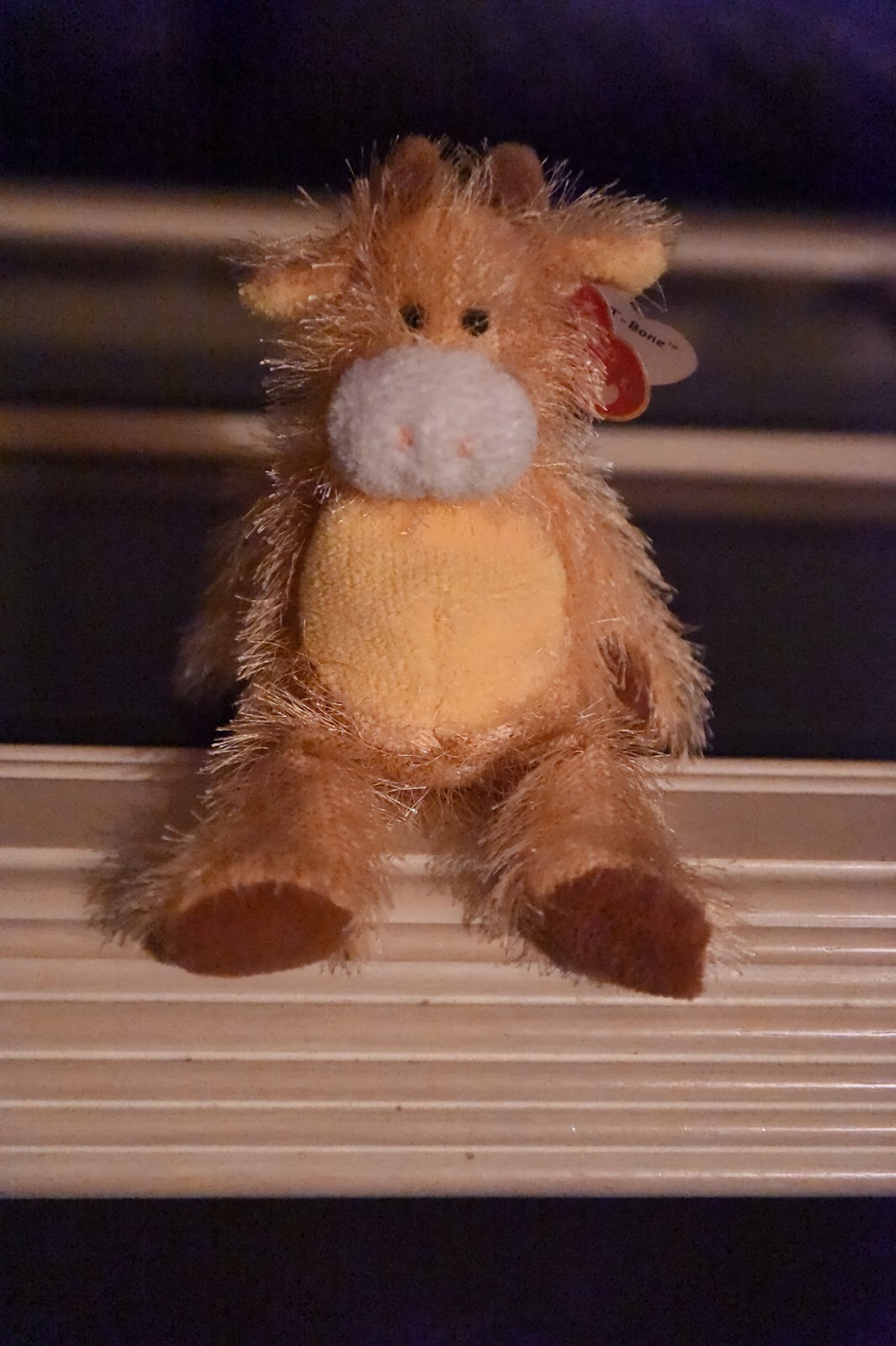I received my Nikon D4s today. It was shipped by B&H Photo on the very day that Nikon authorized dealers to begin shipping. That makes me one of the first users in the United States to get a Nikon D4s! Because I am a Nikon Professional Services member (NPS), I am lucky enough to get a few perks that consumers don't get... one of which is receiving professional cameras before non-NPS members!
The main reason I wanted to upgrade my Nikon D4 to the D4s was to move from the highest native ISO on a D4 from ISO 12800 to the D4s' highest native ISO which is ISO 25600. The Nikon D4 has been known to be one of the best "high ISO" performers on the market. While it may be only a 16MP camera, there's a reason it's only 16MP compared to all the other higher megapixel cameras from Nikon. It does high ISO better than any other Nikon camera. The D4s pushes this one EV even more!
I also wanted to get to use the new Auto ISO for Manual Mode. This will allow me to choose my shutter speed and aperture and let the camera choose the corresponding ISO to match. I think they should call this ability, "Manual Priority Mode!"
I've posted 4"x6" downsized JPG images at a resolution of 300 ppi. The test images were downsized so that they would easier to upload them to the blog and easier for viewers to download from the blog. A doorway entrance light with three very small 25 watt bulbs illuminated the "Beanie Baby" test subject sitting on the edge of my living room's coffee table about 10 feet away. Having taken these test images so late at night, the Beanie Baby was the only available model!
The images were taken on Aperture Priority mode with the following equipment: Nikon D4s camera, Nikon 24-70mm f2.8 lens set at at 70 mm and f2.8. The camera was mounted on a Slik tripod. The images were taken on Large size and "Fine" resolution JPG image settings. The high ISO noise reduction menu setting on the camera was set at "high."
To download the images for a closer look, simply right click on the images and choose "save image as."
ISO 1600
ISO 3200
ISO 6400
ISO 12,800
ISO 25,600
ISO 51,200
ISO 102,400
ISO 204,800
ISO 409,600
The native ISO settings up to and including ISO 25,600 are quite acceptable images. The high ISO settings above 25,600 (High 1, High 2, High 3 and High 4) have the most noticeable color noise. I call these ISO options, "surveillance ISO's" because the only users who would realistically want to use setting this high might be law enforcement personnel.
I chose to photograph the image in very low light with large/fine JPG settings as this is a typical way users might set their cameras. RAW images might yield a better performance, but the idea behind these tests were to see the worst case scenario. I also chose to photograph the image with a darkened room as the background as this would allow the noise to be more easily seen. Low light capture is the best way to test out high ISO rather than using bright light to test ISO settings, so don't be fooled by looking at test images that have been taken with bright light at high ISO's. In my opinion, it's not sensible to evaluate a camera's true ISO capability that way.











No comments:
Post a Comment